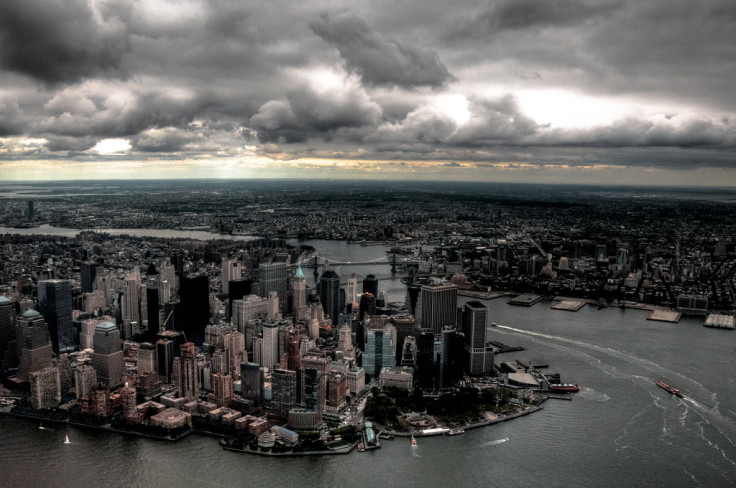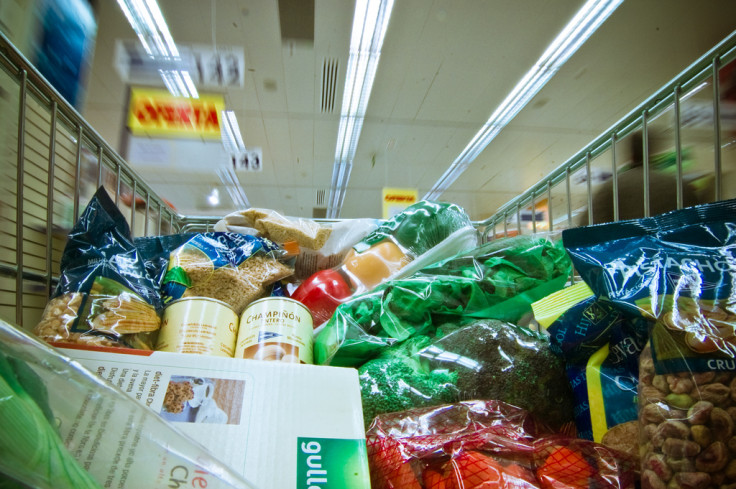Apocalypse Now: If our world collapses, we can survive 55 years on supermarket food

Forget starvation, "survival of the fittest" and all the grim scenarios that come with the apocalypse. Even if the end of the world was near, humans wouldn't have to worry about looking for food. According to a prominent scientist, the quantity of non-perishable goods available today would allow us to survive for up to 55 years.
Dr Lewis Dartnell, a Space Agency research Fellow at the University of Leicester, came up with these findings as he prepared for The Big Bang UK Young Scientists and Engineers Fair, where he is due to give a talk next month.
In his study, Dr Dartnell does not simply show that UK supermarkets have enough supplies for an adult to survive for more than a century. He also says many people are already well equipped if the world was to collapse tomorrow.
"Grab-bag" ready
According the scientist, more than one third of the British population (36%) owns a "grab-bag" containing what they view as essential items to fight off any disaster.
However, what people see as "essential" varies greatly from a person to another. A majority of those surveyed by Dr Dartnell would first grab food (61%) and medicine (53%), but they only 22% would think about matches, and just 10% to get bottled water, two items that can be very useful to to survive in a hostile environment.

A large 47% say they would take their mobile phones with them. Of course, if all networks are down, which is a possibility when the world comes to an end, it might not be of any help.
Dr Dartnell, who is also the author of a book called The Knowledge: How To Rebuild Our World From Scratch, says that although we shouldn't be worry about an apocalypse just yet, his research gives an valuable insight on how individuals are prepared to react to a disaster or a crisis.
"It's interesting to take a snapshot of where we are now and how we'd fare – individually and as a society (...) Rather than duck and cover, the country needs to know how to stand and recover from any disaster", Dr Dartnell insists. In his book, he even shares ideas and guidelines to prepare people to do just that.
© Copyright IBTimes 2024. All rights reserved.






